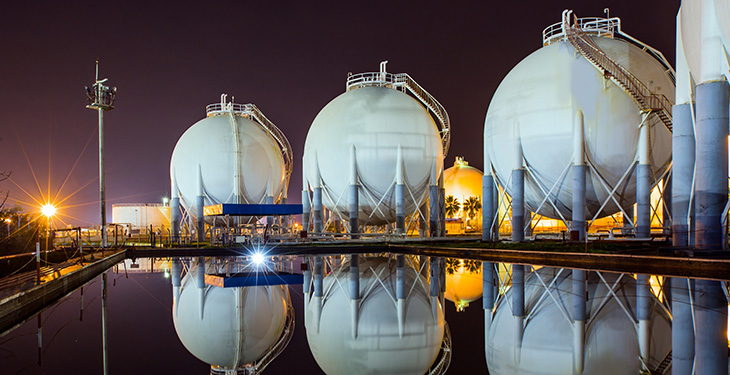On the gas side, the situation is relatively stable, we still have production and, unfortunately, the fact that certain industrial consumers have stopped their activity and no longer consume gas helps us, said Zoltan Nagy-Bege, vice-president of the National Energy Regulatory Authority (ANRE).
“We’re definitely going to have a complicated winter. It won’t be complicated because we’re expecting abnormal temperatures. Temperatures will probably be in the multi-year averages we’ve had in the last decade. We’ll probably have 10, 15, 20 days of freezing temperatures, when on the natural gas side the daily consumption will jump over 50-55 million cubic meters. On the gas side, we are unlikely to have complications. We have stocks, I say, at a satisfactory level. They are still being stored. Probably that the pace will decrease. If we had in July, on average, more than 16 million cubic meters stored, on daily average, these daily averages have started to decrease and I expect that in October we will store, on average, maybe 10 million of cubic meters, which will lead us to a degree of filling of the warehouses of over 90%. At the moment we are at 84%,” said Nagy-Bege, according to Agerpres.
“Unfortunately, and here is a paradox, we are helped by the fact that certain industrial consumers have stopped their activity and no longer consume gas. I am giving you figures from the middle of the year. After 6 months, domestic consumption of natural gas decreased by 5.2%. It is normal to fluctuate by 5%, depending on the temperature, these are normal values. On the other hand, the industrial consumption and the consumption of thermal energy producers, in this 6-month period, in January-July, decreased by almost 18%, which, on average, gives us a decrease of 13%. If we extrapolate – and the whole year will mean a decrease of 13%, for the whole year 2022, it means that we barely pass 10 billion cubic meters of annual gas consumption natural gas. Unfortunately, the difficulties faced by the industry help us not to have problems with the supply of natural gas,” the vice-president of ANRE added.
He added that, as far as electricity is concerned, “some peaks” must be covered.
“If in gas the peaks are more predictable and the weather forecasts show us when these peaks come, in electricity the situation is less predictable, because we see the history of the last 10 years: Here, when the wind blows we export, when the wind stops we import and we are looking for solutions to cover the peaks. It will be a challenge for the administration, for the ministry, for us, for the companies involved in the sector – Transelectrica, Transgaz, suppliers, distributors – absolutely everyone must contribute, be vigilant, be attentive, be prepared with scenarios, so that we can improvise when we encounter a problem,” added Nagy-Bege.
